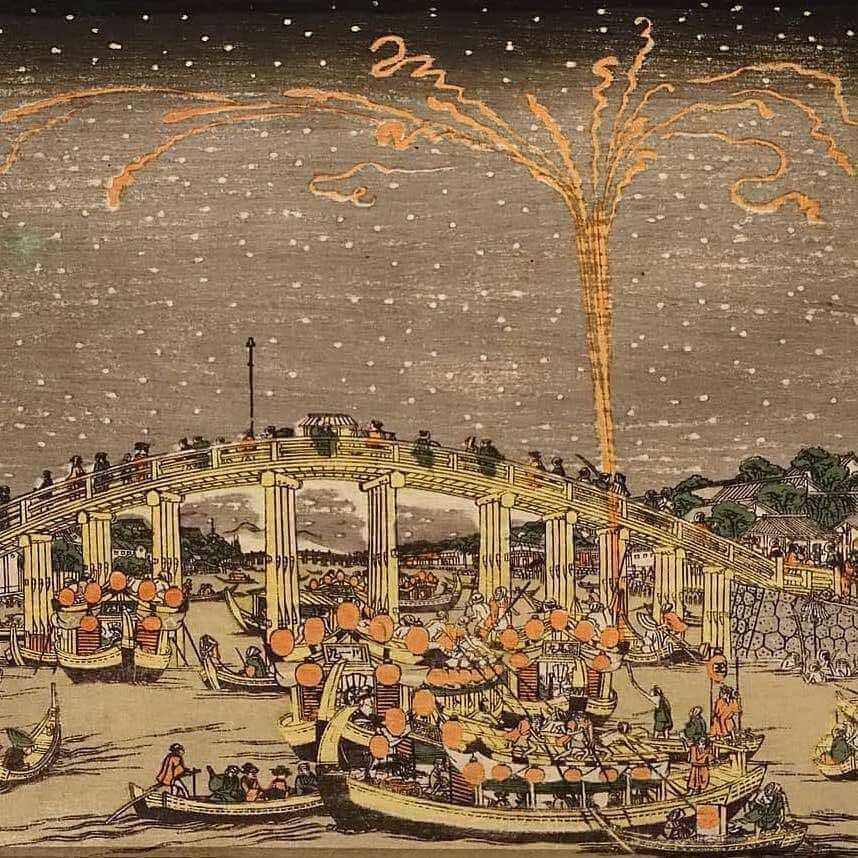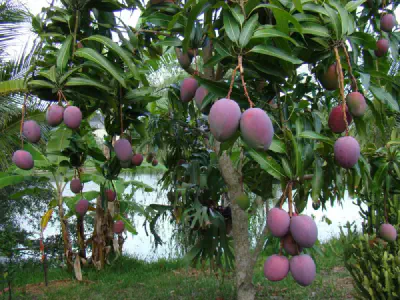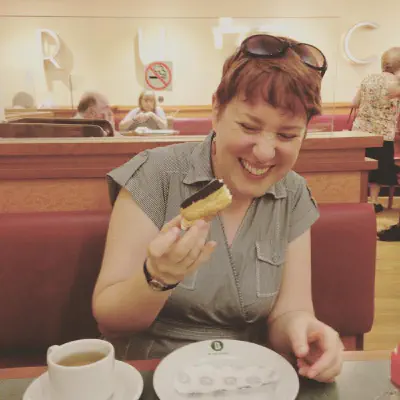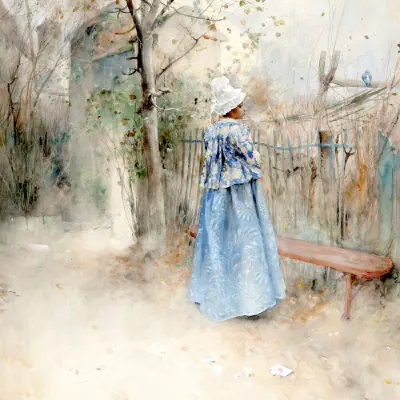On New Year’s Eve, we stood outside — four of us gathered in the back garden — and we watched the fireworks blossoming in the sky over the rooftops. It was a cold, clear night. We had been drinking wine and eating Chinese food. I wasn’t feeling particularly celebratory, after what has been a punishing year; but it felt important, nevertheless, to mark the occasion, to say farewell properly to a year in which everything in life changed for me.
A year before, I had celebrated New Year in Chengdu, imagining different futures than this one, futures untouched by all this grief and sadness, futures in which Elee, my partner, was still living, in which she would still be there to celebrate the turning of another year and yet another year alongside me. I couldn’t have known back then that in only a few weeks’ time, we would be facing a diagnosis of terminal cancer, and Elee’s too-rapid decline.
But here I was, one year on, with a group of friends standing in the frosty garden. And everything was different, and Elee was no longer there. But the fireworks were beautiful against the sky, and the icy night air was catching the back of my throat and making me gasp. So we stood outside until the fireworks came to an end, until we were shivering with the cold. Then we went inside to get warm, and I proposed some drunken toasts to Elee and to friendship, and I found myself choked up a little with emotion, and I cried a bit, and we wished each other a happy 2017.
Now, a few days later, I find myself thinking about the year that has passed, and about the year to come; and I find myself thinking — once again — about the twin themes of grief and friendship. Because these two things seem to me to be woven together so closely that I cannot disentangle them. So here are a few thoughts, to help welcome the new year.
One thing strikes me more than anything else: that this whole business of grieving and sadness has felt nothing like I imagined it would. I suppose that what I expected was something like the classic trajectory that I first read about, years ago, in the books by Elisabeth Kübler-Ross: the five stages of denial, anger, bargaining, depression and acceptance. But over the past few months, this model seems to have had very little to say to me. I can’t really make sense of it. Denial? But the reality of loss has been so unarguably *there *that denial would seem strange. Anger? Towards whom, and why? It might be different if somebody was to blame, but they weren’t. Bargaining? Once again, who is there to bargain with? Having no notion of God or gods, there is no deal to be struck, there is nobody with whom to negotiate. Depression? I have felt more sadness than I have ever known before, but not depression. And finally, acceptance… But it seems that the patient work of acceptance was where the whole thing began — in all those meetings with the oncologist, with Elee asking questions to find out what was happening, what the best advice was, with our endless conversations about how we might live in the light of this new reality — as we adjusted ourselves to the fact that what was really happening was in fact happening.
Schooled in such road-maps and ways of seeing, and finding them lacking, I have occasionally caught myself wondering — absurdly — if I am doing it right. Am I going about grieving in the right way? Or am I missing something crucial? Why am I not experiencing anger? Why am I not depressed? Why haven’t I had a foxhole-like conversion to a clutch of vaguely religious notions, so I can engage in a spot of bargaining? Perhaps, were I truly wedded to this particular road-map, I might suspect that the answer to these questions — by a process of elimination — was that I must be in denial. But this, too, feels wide of the mark, and this kind of suspicion always seems undermining and unhelpful. It may be, of course, that this is a model that works in many cases. Or it may be that grief is less mappable than the models suggest, that every grief is as unique, and as singular, as the relationship that preceded it. I do not know.
But if I don’t recognise much in this model of grieving, conversely there is also a lot that it doesn’t seem to address. It doesn’t say much about how sadness feels physically — the strange, quiet immensity of it, felt in the body. It doesn’t say anything about the difference between the slower-moving pull of this sadness, and the animal, physical grief that still sometimes overwhelms me, taking me by surprise, bubbling up through my entire being. It doesn’t say anything about that physical ache of a body for another body to which it has long been accustomed. And — above and beyond the sheer physicality of grief — it doesn’t say anything about how grief is not just a solitary thing, but something that is shared, something that connects us to others who are also grieving, who may be differently grieving for the same person, or who may be grieving for other kinds of loss. It doesn’t, that is, say how even in the midst of it all, instead of isolating us, grief and sadness can connect us to the world and to each other.
This, perhaps, is the thing that I have learned most over the past few months: that grief and sadness are not just about severing, but also about joining. They are deeply, profoundly social. Sadness, sorrow and grief seem to be intimately, inextricably, tied up with friendship and community. We grieve, because people matter to us. And this mattering and this appreciation are capable of being shared; they are things that none of us own as our exclusive property. Sadness and grief do not efface this mattering and this appreciation. Instead they bear witness to it, and carry it forward into the future. Over the past months, the one thing I have valued above all else is the knowledge that loss is not just personal but interpersonal, that all of that mattering and appreciation that is bound up in the sadness can feed back into the friendships and the communities in which I am involved, can help to build, rebuild and strengthen connections in a world that has so starkly changed.
So on midnight, on New Year’s Eve, as I stood in the icy cold of the back garden at night, watching the fireworks blossoming in the sky, and as the sadness caught the back of my throat like the chill of the night air, I breathed in deeply, getting used once again to how it felt. And then I took heart from all this friendship, from the fireworks that cracked and sparkled over the rooftops, and from everything that is shared.



